A doctorate in pharmacology requires extensive training in the various branches of the discipline. The program requires the completion of four breadth modules in specialized areas of the field. At least one of these modules must be a laboratory course. Students should choose their modules carefully in consultation with their supervisors. They should also record their planned Ph.D. module sessions. The program lasts for three years.
A Ph.D. in pharmacology consists of four years of study. In general, it focuses on a broad-based curriculum and the development of strong communication and research design skills. The curriculum consists of required coursework and advanced electives. The doctoral degree also requires the student to undertake independent research and publish their findings. The degree reflects the individual's capacity to make significant contributions to pharmacology.
The Ph.D. in pharmacology requires a minimum of 4,000 graduate credits, which includes eight months of coursework in the field. The program requires a dissertation of about 20,000 words. The dissertation should include original research and should include at least five references. The student is required to submit the dissertation for review by an approved Supervisory Committee. The committee members include the thesis supervisor and two other faculty members. In addition, the Graduate Coordinator must approve any changes to the composition of the committee.
Ph.D. in Pharmacology Eligibility
Candidates who want to take admission in Ph.D. must have a post-graduate degree in Pharmacology and its relevant discipline with at least 55% marks from a recognized university and must have passed the national level entrance examination or university level entrance examination. National level entrance exams like UGC NET / UGC CSIR NET / GATE / SLET or University entrance exams consist of written tests and personal interviews.
The Benefits of a Ph.D. in Pharmacology
The Ph.D. program in pharmacology builds on the previous educational background and helps students develop innovative problem-solving skills. The curriculum covers the chemical, biological, and biophysical properties of drugs, their interactions, and how they affect biological systems. It prepares students for research, development, and clinical practice and focuses on the scientific study of drug action. It also teaches the students how to conduct research and improve drug design.
The program is fully funded. All students are given a stipend of $31k a year for four years. Besides tuition and fees, the department provides trainee support, including health insurance and free public transportation. Additionally, students receive additional funding for travel to various national and regional meetings, and they can make presentations at a variety of informal forums. All trainees are expected to complete the training requirements, including a dissertation or a postdoctoral fellowship.
As a graduate student, you will complete a doctoral degree in pharmacology, and a master's degree in the same discipline. The degree is a comprehensive one, and it can prepare students for positions in the pharmaceutical industry. Obtaining a Ph.D. in pharmacology is a great way to advance your career. As a researcher, you'll gain the experience and knowledge necessary to develop and implement effective new therapies.
The Career and Job Opportunities of a Ph.D. in Pharmacology
A Ph.D. in pharmacology opens a number of career options, including research, teaching, clinical trials, and management. As a regulated industry, it has high growth potential. It is also one of the fastest-growing fields in the world. While some employers prefer people with a Master's degree, most employers will accept graduates with a Ph.D.
As a pharmacologist, you will study how chemicals interact with human and animal bodies. While a pharmacist provides information about drugs to patients, a pharmacologist investigates the effects of different chemicals on human cells. Some of the areas of research include the effects of pesticides and other chemicals on human health, and the development of new, healthier medicines. In general, the highest-paid positions in this field require a doctorate degree.
A Ph.D. in pharmacology will help you get a job in the pharmaceutical industry. You can also go into academics as a lecturer or researcher. Many universities and colleges offer pharmacology graduate courses. You can teach, conduct research, or become a scientist in another field. The benefits of a Ph.D. in pharmacology are extensive. Some graduates go into the pharmaceutical industry, while others pursue careers in the finance, marketing, and education sectors.
The Future Scope of Ph.D. in Pharmacology
The average salary offered for a Ph.D. Pharmacology graduate ranges from INR 4,00,000 to INR 15,00,000. The salary also increases depending on the candidate's experience and skill set. After completing a Ph.D., graduates can apply for a variety of jobs, including teaching, publishing, finance, and journalism. Upon completion of their program, candidates are qualified to sit for a personal interview.
The first step is selecting a research project that satisfies your interests and background. Then, you can contact a potential supervisor to discuss your options and meet with the Director of Graduate Studies to discuss the options available. As a probationary research student, you will be monitored closely by your supervisor and twice by the University to ensure that you are on track. Once you have been accepted into your program, you can start your research.
When applying for a Ph.D., prospective students should first look at existing research projects. A reputable Ph.D. program will offer an interdisciplinary approach to research. If your interest lies within a particular field, you should consider a career in pharmacology as a postgraduate. With the advancement of technology and science, we now have a better understanding of diseases and their remedies. The future of pharmacology is full of opportunities and challenges for those who choose to pursue it.
Ph.D. Research Programme duration
The Ph.D. in Pharmacology course is a minimum of 3 years and a maximum of 5 duration. This depends on the university offering the course.
Fees for research program for Pharmacology
The average fee for Ph.D. in Pharmacology degree is between INR 50000 and INR 500000.
 5 Years
5 Years
 PhD
PhD
 Research
Research







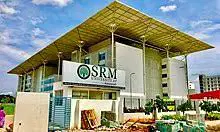
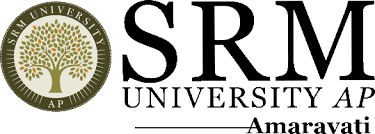
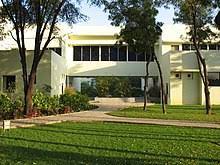

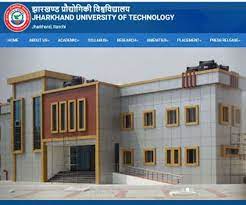
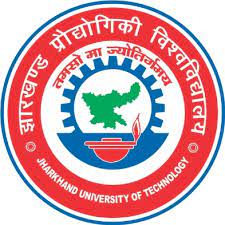


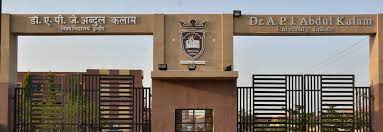
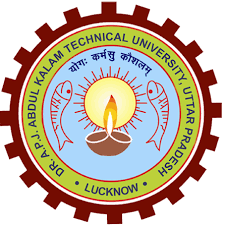
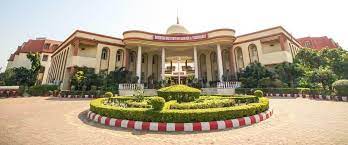
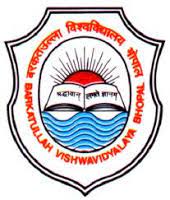
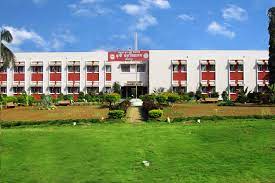

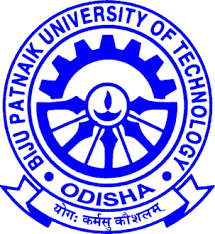
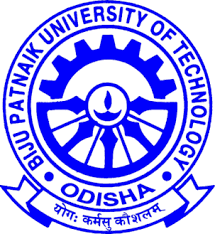
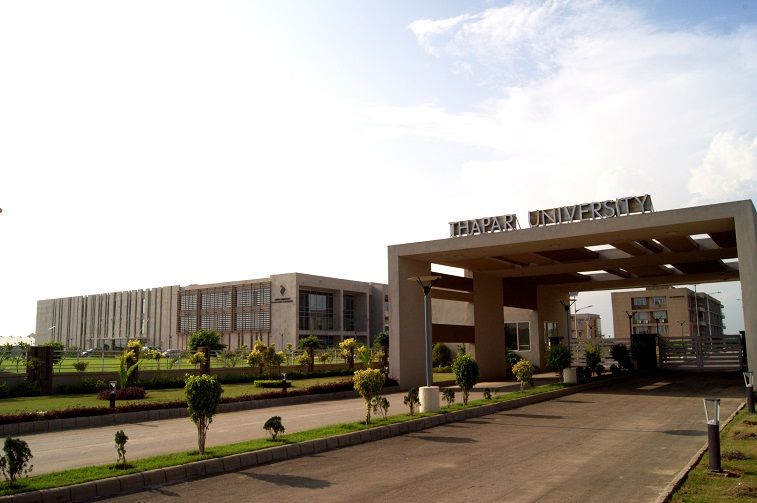
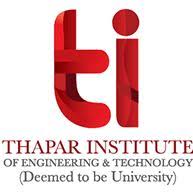








 back
back